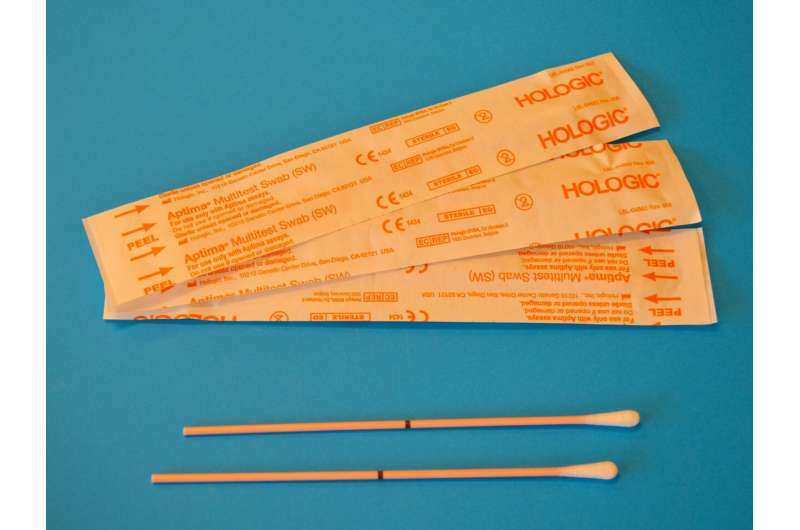Current TB tests rely on sputum, mucus collected from the lungs and lower respiratory system. While rich in TB bacteria required for testing, collecting sputum is difficult, making it inefficient for large-scale community testing. Sputum testing is also unfeasible in about 25% of symptomatic cases and nearly 90% of asymptomatic cases, a gap which contributes to an estimated 4 million tuberculosis cases going undiagnosed annually.
In a study published in Nature Communications, Tulane researchers worked to address that gap by refining a previously developed CRISPR-based assay to better detect TB in samples with very low levels of bacteria, such as stool, spinal fluid and tongue swabs.
Clinical testing showed markedly enhanced detection of TB in tongue swabs over traditional testing (74% compared to 56%).

